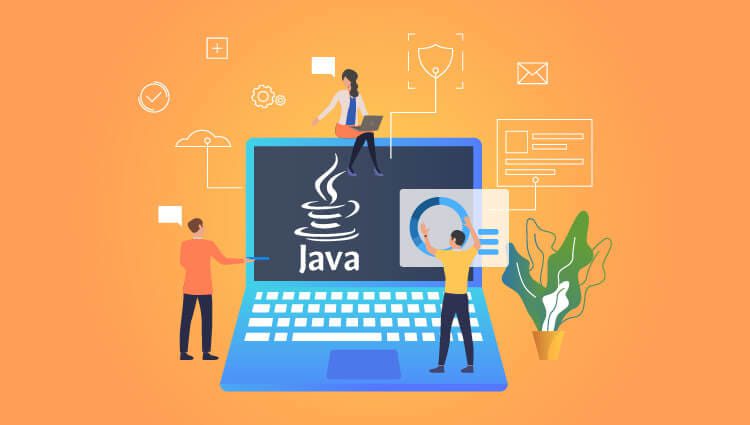With over 9 million developers worldwide, Java remains one of the most popular programming languages. While it can be easy to get started with Java, there are a few best practices that will make your code more efficient and error-free. In this post, we’ll explore some of the most essential tips and tricks for mastering Java programming. Happy coding!
Table of Contents
Use Strings Carefully
One of the most common mistakes Java developers make is to use Strings unnecessarily. Strings are immutable, meaning that once they’re created, they can’t be changed. This can lead to memory issues if you’re not careful.
Whenever possible, use StringBuilder or StringBuffer instead of String. These classes are designed for mutable strings, so they’re more efficient and will use less memory. So, if you need to concatenate a lot of strings together, use StringBuilder or StringBuffer instead of using the + operator on Strings.
Only Use Final Fields for Constant Values
Another common Java mistake is to mark fields as final when they’re not constant. This can lead to confusing code and make your program more challenging to maintain. Final fields should only be used for values that will never change, such as public static final fields in a utility class. All other fields should be left non-final. Remember that even though a field may not be marked as final, it can still be effectively constant if it’s only ever assigned once.
Don’t Catch NullPointer Exception
NullPointerException is one of the most common exceptions in Java, and it’s also one of the most easily avoidable. In most cases, it’s better to let the exception be thrown and handled by the caller.
Only catch NullPointerException if you can do something about it. For example, you might want to grab it in a top-level method and then log the exception. But in most cases, it’s more profitable just to let it propagate up the stack.
Avoid Using Public Fields
Public fields are another common source of errors in Java programs. In most cases, it’s better to use accessor methods (e.g. getters and setters) instead of public fields. Also, try to make fields private if possible.
This gives you more control over how the field is accessed and makes it easier to change the implementation later on. It also prevents outside classes from directly modifying the field, which can lead to unexpected results.
Use Exceptions Sparingly
Exceptions should be used sparingly in Java programs. In most cases, it’s better to use alternative mechanisms, such as returning error codes or using checked exceptions. Just remember that exceptions should be used for exceptional circumstances, not for ordinary control flow.
Only use exceptions when there’s no other way to handle the error. For example, if you’re trying to open a file that doesn’t exist, throwing an exception might be the best way to handle the error. But in general, it’s best to sidestep utilising exceptions.
Using Regex Carefully
Regular expressions are a powerful tool, but they can also be a source of errors. In particular, it’s easy to create infinite loops or match the wrong text accidentally. Besides being careful when using regex, there are a few other profitable techniques to follow.
Whenever possible, use a simple regex pattern that matches precisely what you’re examining for. For more complex patterns, consider using a tool such as RegexBuddy to test your regex before using it in your program.
Prefer Primitive Types Over Objects
In general, it’s more acceptable to utilise elementary kinds rather than things. This is because primitives are more efficient and take up less memory.
The only time you should use an object instead of a primitive one is when you need the additional functionality that an object provides. For example, you might use an Integer instead of an int if you need to utilise the Integer’s methods.
Check for NaN and Infinity
When working with floating-point numbers, it’s important to check for NaN (not a number) and infinity. Certain operations can generate these values, and they can cause errors in your program.
Fortunately, checking for these values is easy. You can use the Double.isNaN() and Double. infinite() methods to check for NaN and infinity, respectively. It’s a good idea to add these checks to your code whenever you’re working with floating-point numbers.
Not Concerning Security
When writing Java programs, it’s important to consider security. Unfortunately, many developers don’t give security the attention it deserves. This can lead to vulnerabilities in your code that can be exploited by malicious users. Java security is a complex topic, but with little learning, it should be easier.
Conclusion
Java is a powerful programming language, but it’s also susceptible to errors. Always keep in mind that java security is very important to avoid any potential vulnerabilities. By following the best practices described in this article, you can help reduce the number of errors in your Java programs.

